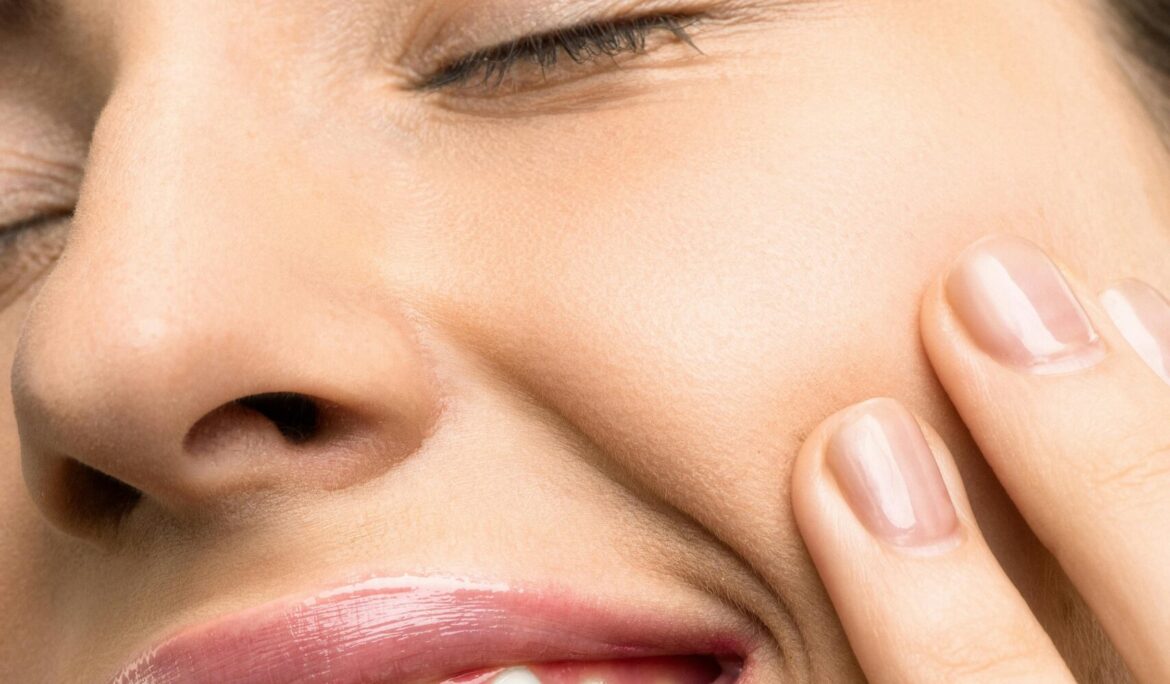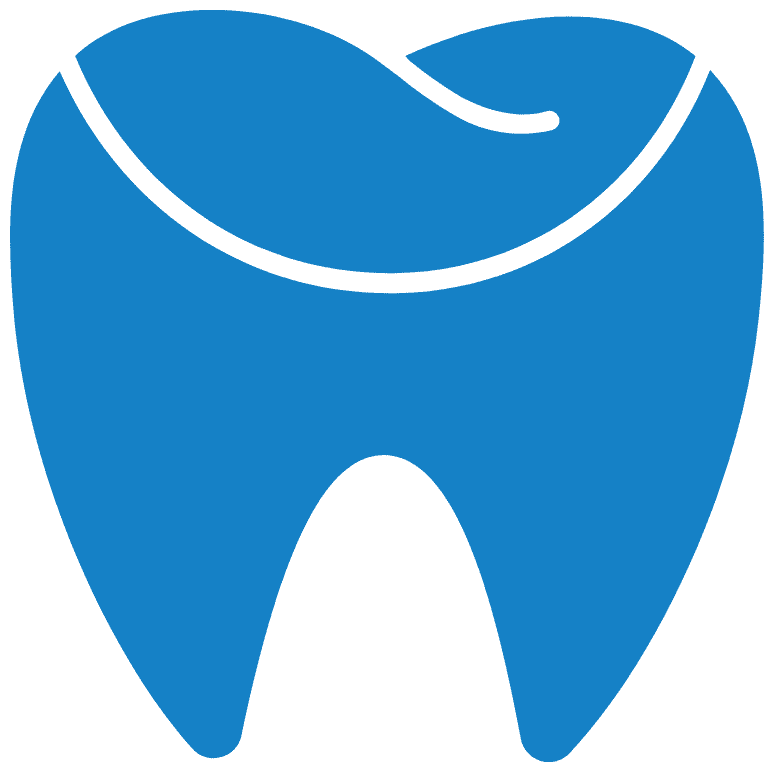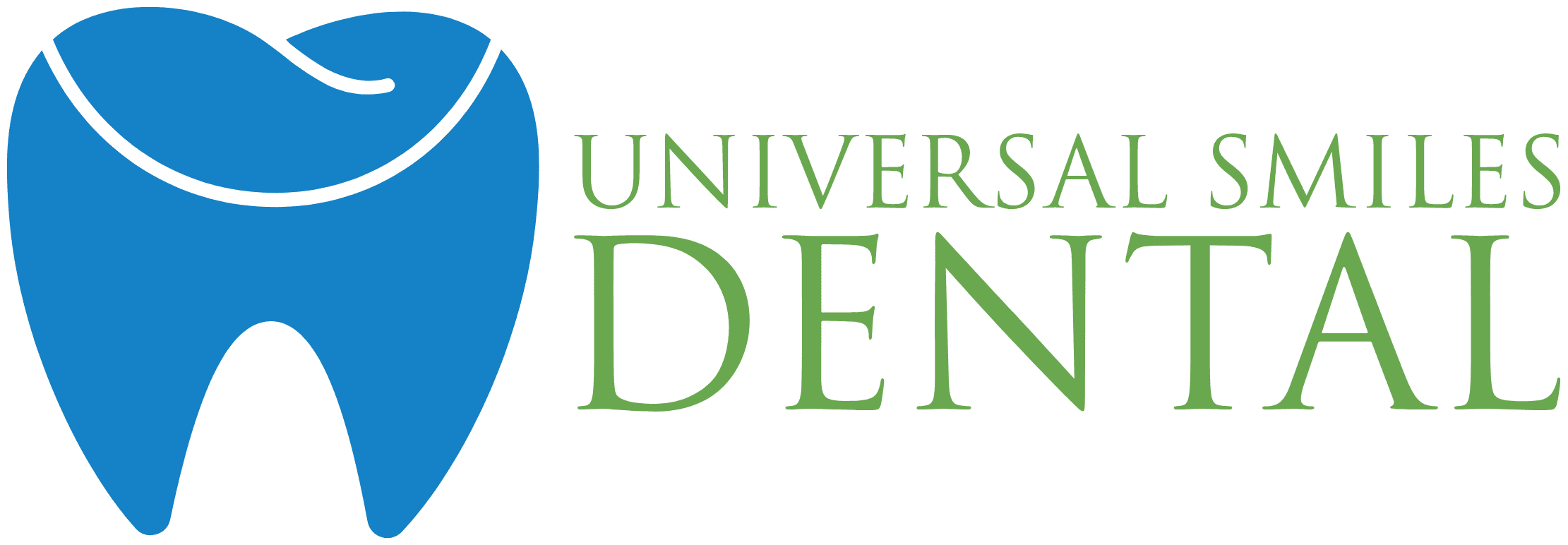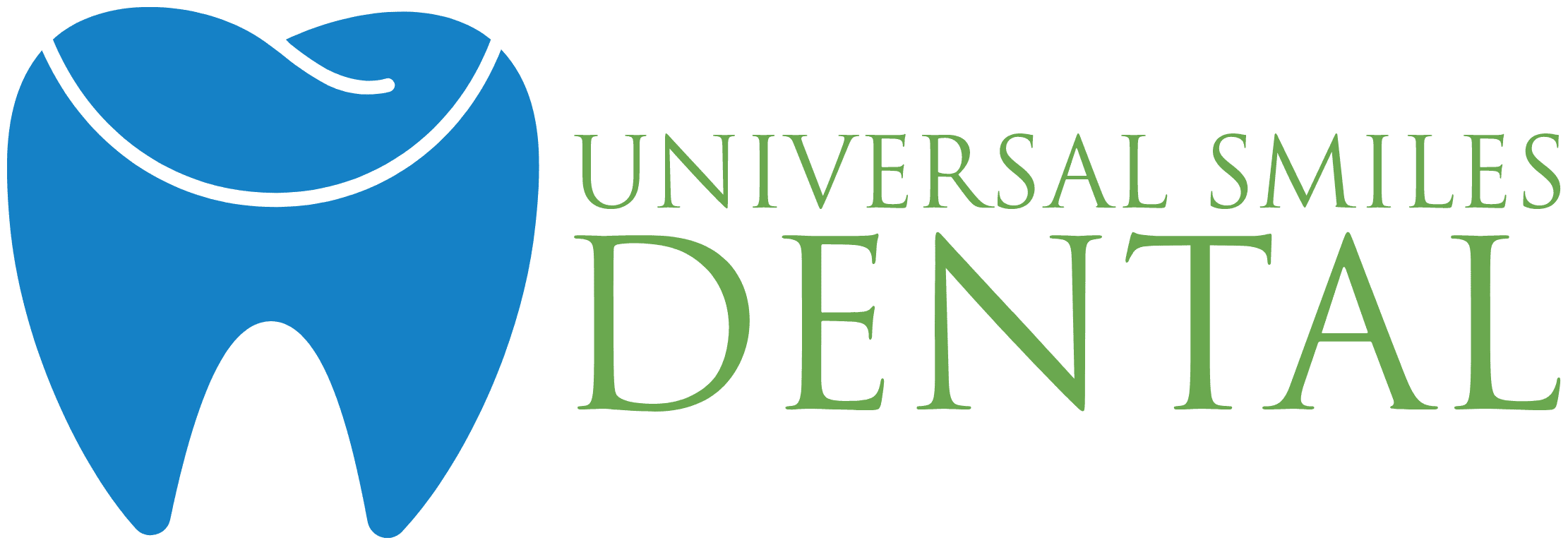A Question for the Experts: Can Alcohol Cause Sensitive Teeth?

Tooth sensitivity is a problem that affects many people worldwide. Moreover, one question that usually comes up is, can alcohol cause sensitive teeth? Although most people link alcohol with socializing and relaxation, many don’t realize that regular alcohol drinking has harmful effects on your oral health.
Therefore, at Universal Smiles Dental, our goal is to educate patients on how everyday habits, like drinking wine, beer, or cocktails may affect your teeth and gums.
Can Alcohol Cause Sensitive Teeth? Understanding the Connection
The first thing to know about can alcohol cause sensitive teeth is not just a simple concern, but a real issue. Moreover, alcohol, whether in beer, wine, or spirits, contains acids and sugars that wear down the protective enamel of your teeth. Furthermore, when the enamel becomes thinner, it exposes the underlying dentin layer, which is full of tiny tubules connected to your tooth’s nerve. Therefore, this exposure usually results in the sharp, sudden pain that we know as tooth sensitivity.
Alternatively, alcohol also causes dehydration, decreasing the saliva production in your mouth. Saliva is important for washing away bacteria and neutralizing the acids. Therefore, without enough saliva, your teeth are an easier target to decay, erosion, and increased sensitivity. So if you have been feeling pain after enjoying your favorite drink, visiting a dentist in Bundoora will help identify the cause and offer effective solutions.
How Alcohol Affects Tooth Sensitivity
Alcohol affects oral health in different ways that directly cause sensitivity and discomfort. Moreover, drinks like wine, beer, and cocktails mixed with citrus or soda are highly acidic, and over time, this acid damages your enamel. Therefore, leaving the dentin layer beneath exposed to external stimuli. When dentin is unprotected, even simple actions like sipping cold water or eating sweet foods can cause sharp pain. Furthermore, sweet alcoholic drinks, such as cocktails and dessert wines, are even more harmful. This is because they combine acidity with high sugar levels. The sugar feeds harmful bacteria, increasing the plaque buildup, cavities, and enamel wear off. On top of this, alcohol works as a diuretic, dehydrating the body and drying out the mouth. Since saliva is important for washing away acids and bacteria, a dry mouth leads to more sensitivity.
Warning Signs and Long Term Risks
If alcohol is affecting your oral health, your teeth and gums will start showing clear warning signs. These include sharp pain when having hot, cold, or sweet foods and drinks. Moreover, visible staining or discoloration, gum irritation or bleeding while brushing, and a frequent dry mouth even with good hydration. Furthermore, in some cases, small chips, cracks, or worn down tooth edges may also form.
Other than sensitivity, alcohol has serious long term oral health risks. Frequent use weakens the immune system, making gums more prone to infection and gum disease. The sugar and acid exposure increases the chances of tooth decay, while heavy drinking greatly increases the risk of oral cancer. Additionally, dental restorations like crowns, fillings, and veneers erode faster under constant acid exposure. These risks tell why regular dental check ups are necessary. Therefore, if you notice these symptoms, consulting a dentist in Wallan will ensure early detection and treatment before the problem gets severe.
Prevention and Treatment Options
The good news is that you don’t fully have to give up alcohol to protect your teeth from sensitivity. With smart and healthy habits, you can decrease the damage greatly. Alternatively, using a straw helps limit direct contact between alcohol and teeth. Moreover, rinsing with plain water after drinking washes away remaining acids and sugars. Furthermore, it is also important to avoid brushing immediately after alcohol consumption, since waiting at least 30 minutes stops further enamel from wearing off. Additionally, staying hydrated with water alongside drinks can fight dry mouth, and chewing sugar free gum increases saliva production, which helps balance the acids.
In case if you already experience sensitivity, different treatment options are available for you. Fluoride treatments strengthen enamel, while desensitizing toothpaste blocks nerve pain. Also, dental sealants can protect exposed dentin, and expert cleanings remove plaque and tartar that increase sensitivity. In some cases, custom night guards are advised if teeth grinding, usually increased by alcohol, is a factor. For customized solutions, visiting a dentist at Universal Smiles Dental will ensure that your oral health is properly managed.
Conclusion: Choosing the Right Dental Experts
Protecting your smile from alcohol related sensitivity needs more than at home care. Moreover, it involves expert help and proper monitoring. At Universal Smiles Dental, our expert team offers preventive, restorative, and cosmetic treatments made to address sensitivity at its root cause.
Furthermore, using the latest dental technology, we can see for early signs of enamel erosion, gum disease, or tooth decay and offer safe treatments to restore comfort. Additionally, we also emphasize on patient education, helping you make informed decisions about your diet, lifestyle, and oral hygiene routines.
Our clinic is a trusted choice for families and individuals looking for a trusted dentist. So, can alcohol cause sensitive teeth? The answer is yes, however the effects are manageable with the right habits, expert treatment, and regular dental check ups.


